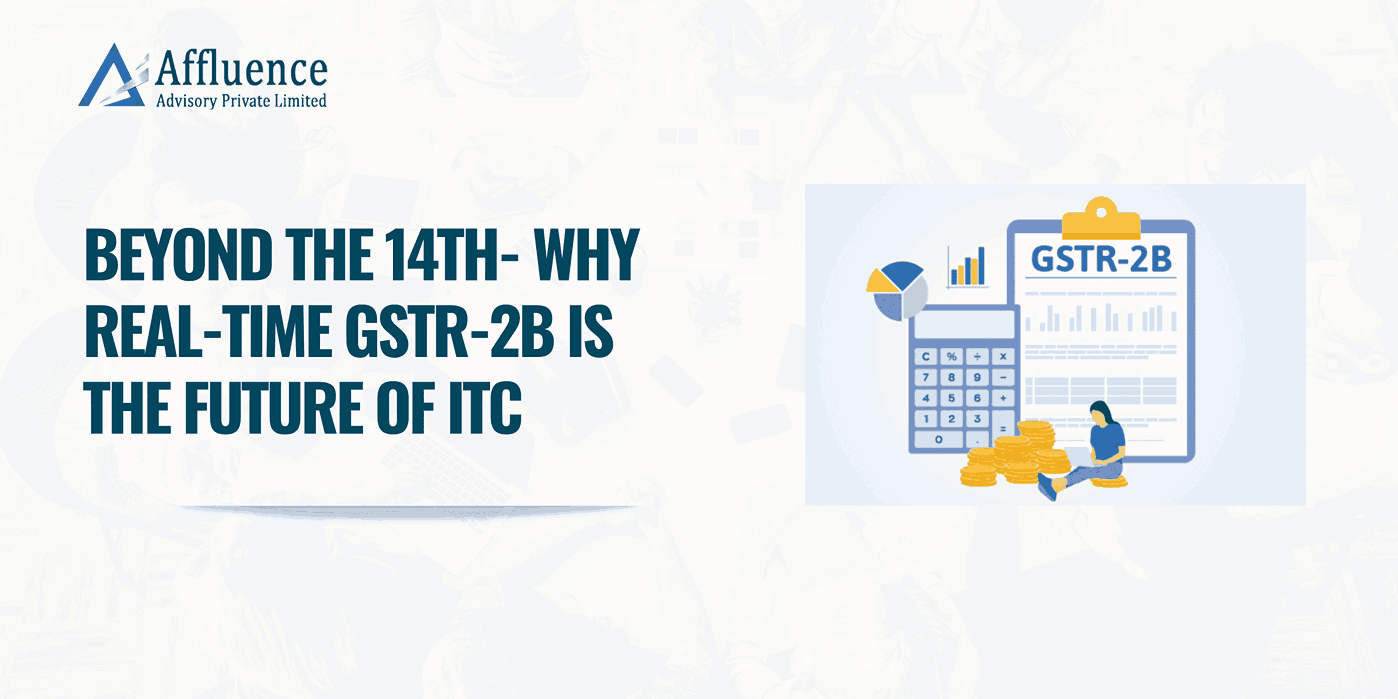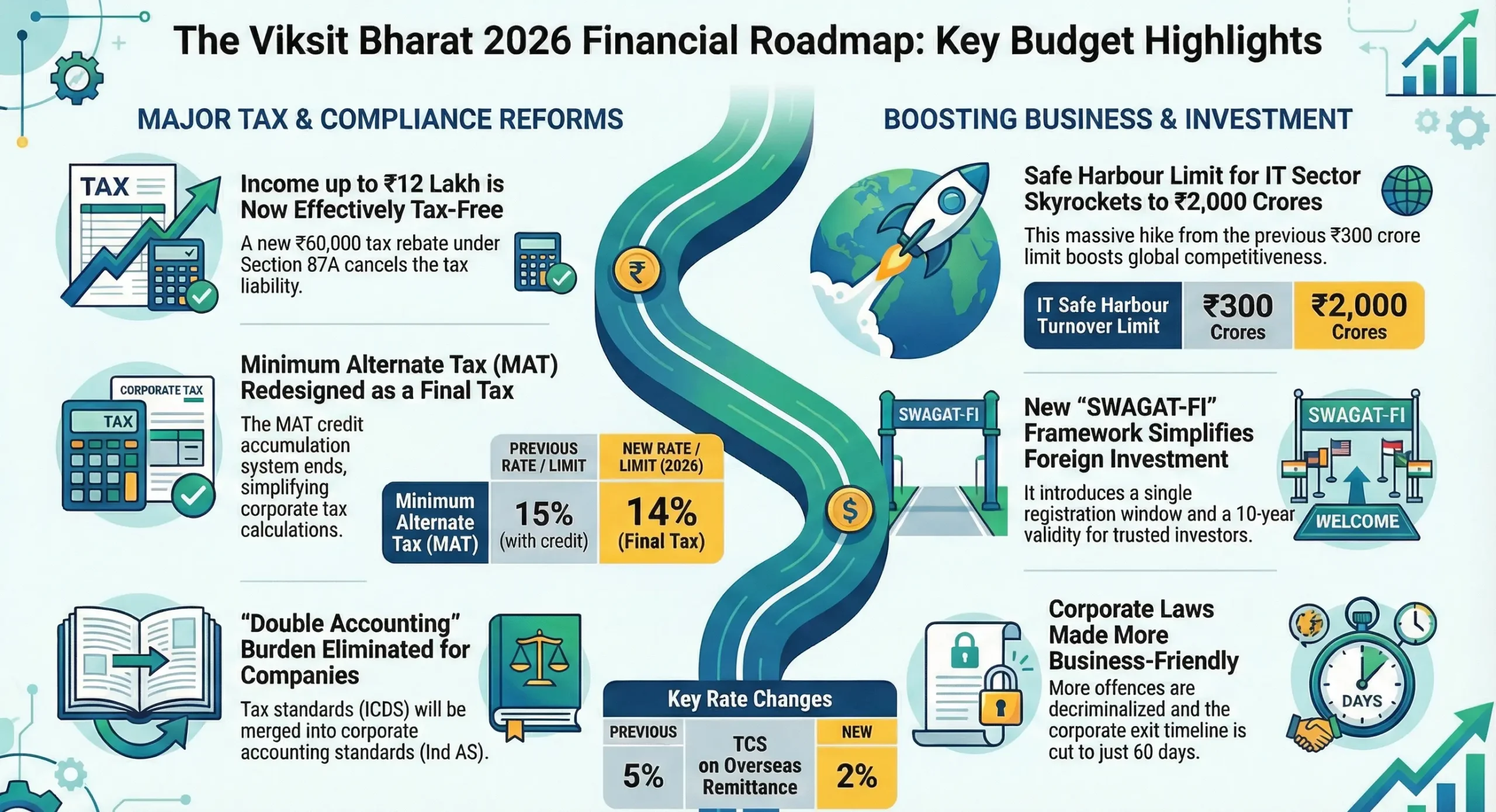The Companies Act, 2013 (the Act) introduced the mandatory provisions of CSR and accordingly Section 135 of the Act and the Companies (Corporate Social Responsibility Policy) Rules, 2014 [“CSR Rules”] framed thereunder govern CSR in India.
CSR Compliances and Policy are governed under following Statutes:
|
Companies Act, 2013 and rules thereunder |
Income Tax Act, and rules thereunder |
Foreign Contribution (Regulation) Act, 2010 and rules thereunder |
|
A company satisfying any of the following criteria during the immediately preceding financial year is required to comply with CSR provisions: (i) net worth of Rs. 500 crore or more, or (ii) turnover of Rs. 1000 crore or more, or (iii) net profit of Rs. 5 crore or more. Section 135 provides guidance to companies, if CSR is applicable to it then, it has:
|
Whether all three types of entities – a company established under section 8 of the Act, or a registered public trust, or a registered society, are required to have income-tax Registration u/s 12A as well as 80G of the Income Tax Act, 1961: Yes, as per rule 4(1) all three types of entities – a company established under section 8 of the Act, or a registered public trust, or a registered society are required to have income-tax registration u/s 12A as well as 80G of the Income Tax Act, 1961 to act as implementing agency, except for any entities established by Central or State Government |
In terms of FCRA, 2010 "person" includes ‒ (i) an individual; (ii) a Hindu undivided family; (iii) an association; (iv) a company registered under section 25 of the Companies Act, 1956 (now Section 8 of Companies Act, 2013). To regulate the acceptance of foreign contribution or foreign Hospitality To regulate the utilization of foreign contribution or foreign hospitality Applicable to Associate Companies outside India of companies or bodies corporate in India, Overseas Branches of companies or bodies corporate in India & Subsidiary Companies outside India
|
Latest Amendments:
On the introduction of the Companies (Corporate Social Responsibility Policy) Amendment Rules, 2021 dated 22nd January 2021, The Companies (Amendment) Act, 2020 dated 22nd January 2021 and the Companies (Accounts) Amendment Rules, 2022 dated 11th February, 2022 following CSR Compliances to be adhered are as follows:
- Companies are required to Amend the CSR Policy in order to align it with the requirements under (CSR) Amendment Rules, 2021;
- Companies to have Investor Tab on its official Website where disclosure of CSR Policy, CSR Committee and CSR Projects is to be updated on timely basis for public access;
- Every Company’s CSR Committee to formulate an Annual action plan in the Month of April every year and recommend to the Board, in pursuance of its CSR Policy;
- CSR Amendment Rules, 2021 provides for exemption from constitution of CSR Committee where the amount of CSR expenditure obligation for the relevant year does not exceed Rs. 50 Lakhs and the Board shall carry out the functions by itself.
- From now onwards, CSR Committee to meet at least twice in a year.
- To Formulate & Approve the Annual Action Plan for the upcoming Financial Year and recommending the same to the Board for Approval
- To review Annual action plan and Approve Allocation of CSR Expenditure Amount
- CFO Certification: Chief Financial Officer (CFO) or the person responsible for financial management shall certify to the Board to the effect that the funds disbursed by the Board for CSR implementation have been utilized for the purposes and in the manner as approved by the Board.
- Companies to file Form CSR-2 as an addendum to Form AOC-4/AOC-4 XBRL/AOC-4 NBFC (Ind-AS) as the case may be. (However, form CSR-2 for the F.Y.2020-21 shall be filed separately latest by 31st March 2022.)
- Companies will now be penalized vide section 135(7) of Companies Act, 2013 where non-compliance to CSR provisions will lead to penalty of twice the amount required to be transferred to the Fund specified in Schedule VII or Rs one crore, whichever is less.
Further, every officer who is in default is liable to a penalty of one-tenth of amount required to be transferred by the company to such fund specified in Schedule VII or the unspent CSR amount, or Rs two lakhs, whichever is less.
Note:
- While ascertaining the applicability of CSR provisions and for calculation of the prescribed spending, the net profit shall be calculated as per section 198 of the Act and the relevant adjustments shall be made to the same as stated under rule 2(h) of the CSR Rules;
- Administrative Overheads should not exceed 5% of total CSR expenditure of the company for the financial year;
- Rules In cases of non-spending of CSR money, specify reasons for non-spending in its report under section 134 of the Act and transfer the unspent amount in following manner:
- In case of on-going projects, to transfer such unspent amount, within a period of 30 days from the end of financial year, to a special account to be opened by the company in that behalf for that financial year in any scheduled bank to be called the unspent CSR account. (In the immediate case Companies to hold CSR Committee Meeting for, “To Approve Ongoing Project & Transfer to the ‘Unspent”)
- In case there is no on-going project, it must transfer such unspent amount, within 6 months of the expiry of the financial year, to any of the funds mentioned in Schedule VII to the Act. (In the immediate case Companies to hold CSR Committee Meeting for, “To Approve Opening of a Bank A/C For Unspent CSR Amount”)
- In Case where Company decides to carry out CSR obligation through implementing agency. (In the immediate case Companies to hold CSR Committee Meeting, “To Identify Implementing Agencies & to Approve Allocation of CSR Amount”)
- In case Company spends in excess of its CSR obligation, the excess amount can be carried forward and set off against CSR obligation required in subsequent three financial years. If the amount remains unutilized within subsequent three financial years, the set-off benefit lapses.
Every company having average CSR obligation of Rs. 10 crore or more in the three immediately preceding financial years, it shall undertake an impact assessment, through an independent agency, of their CSR projects having outlays of Rs. 1 crore or more, and which have been completed not less than one year before undertaking the impact study. Further, the impact assessment reports shall be placed before the Board and shall be annexed to the annual report on CSR. (Companies to hold CSR Committee Meeting for, “To Approve Appointment of Independent Agency for undertaking Impact Assessment”)
The Exchange Portal has been developed based on recommendations of High-Level Committee on Corporate Social Responsibility 2018. An Advisory cum Technical Committee was formed for the development of the portal. The Committee was represented by different CSR Stakeholders – CSR Practitioners, Technical Experts and Civil Society Organizations. The Committee apprised of BSE Sammaan which was an initiative of MCA Think Tank: Indian Institute of Corporate Affairs, Confederation of Indian Industry and Bombay Stock Exchange which offered similar functionalities as envisaged for National CSR Exchange Portal.
National CSR Exchange Portal is an initiative by Ministry of Corporate Affairs to connect corporates, beneficiaries, and Implementing Agencies. This Exchange Portal will help in building a more robust system for implementation of Corporate Social Responsibility.
FAQ’s on National CSR Exchange Portal:
- Who all can register on National CSR Exchange portal?
Registered corporates and Registered Implementing Agencies can register on the portal. - Who are Registered Implementing Agencies?
Registered Implementing Agencies are those Implementing Agencies which are registered on MCA21 portal and has a valid CSR Registration Number (CRN). - Who are Registered Corporates?
Registered Corporates are those corporates which are registered on MCA21 portal and have a valid Corporate Identification Number (CIN). - I am neither a company nor Implementing Agency. Can I register?
No. Only Corporates and Implementing Agency, can register on the portal. - What is Request For Proposal (RFP)?
Request For Proposal (RFP) is a process where a registered corporate creates a request for providing available funds for the project on this portal. - What is Request For Fund (RFF)?
Request For Funds (RFF) is a process where Implementing Agency creates a request for asking of funds for the project on this portal. - What are the charges for Registration on this Portal?
There are no charges for registration on National CSR Exchange Portal. - How can I register on National CSR Exchange Portal as a Corporate?
- Enter a valid Corporate Identification Number (CIN) and click on search.
- Confirm the details displayed on the screen.
- You will receive a One Time Password (OTP) on the registered email id.
- Enter OTP in the box.
- Create Username and password.
- Confirm your password.Click submit.
- Do I need to provide any document in profile building?
Yes, you need to upload CSR policy document which should include following details:- Contact Person Detail
- CSR Budget for the year
- Details of Awards (if any)
- Why should I register on National CSR Exchange Portal?
This Portal provides a platform to identify suitable Implementing Agency for the CSR Projects. You can easily manage your CSR projects through this Portal.
Conclusion:
This Exchange Portal will help Corporates identify suitable Implementing Agencies for successful implementation of their CSR Projects reducing their transaction cost. National CSR Exchange Portal also helps overcoming a common challenge cited by Corporates for failing to fulfil their CSR obligations “inability to find suitable projects” based on their CSR Policy.
Disclaimer: This article has been carefully prepared, but it has been written in general terms and should be seen as broad guidance only. This article cannot be relied upon to cover the specific situation and you should not act, or refrain from acting, upon the information contained therein without obtaining specific professional advice. Please contact Affluence Advisory Private Limited to discuss these matters in the context of your particular circumstances. Affluence Advisory Private Limited, Its Partners, Directors, Employees, and agents do not accept or assume any liability or duty of care for any loss arising from any action taken or not taken by anyone in reliance on the information in this article or for any decision based on it.









